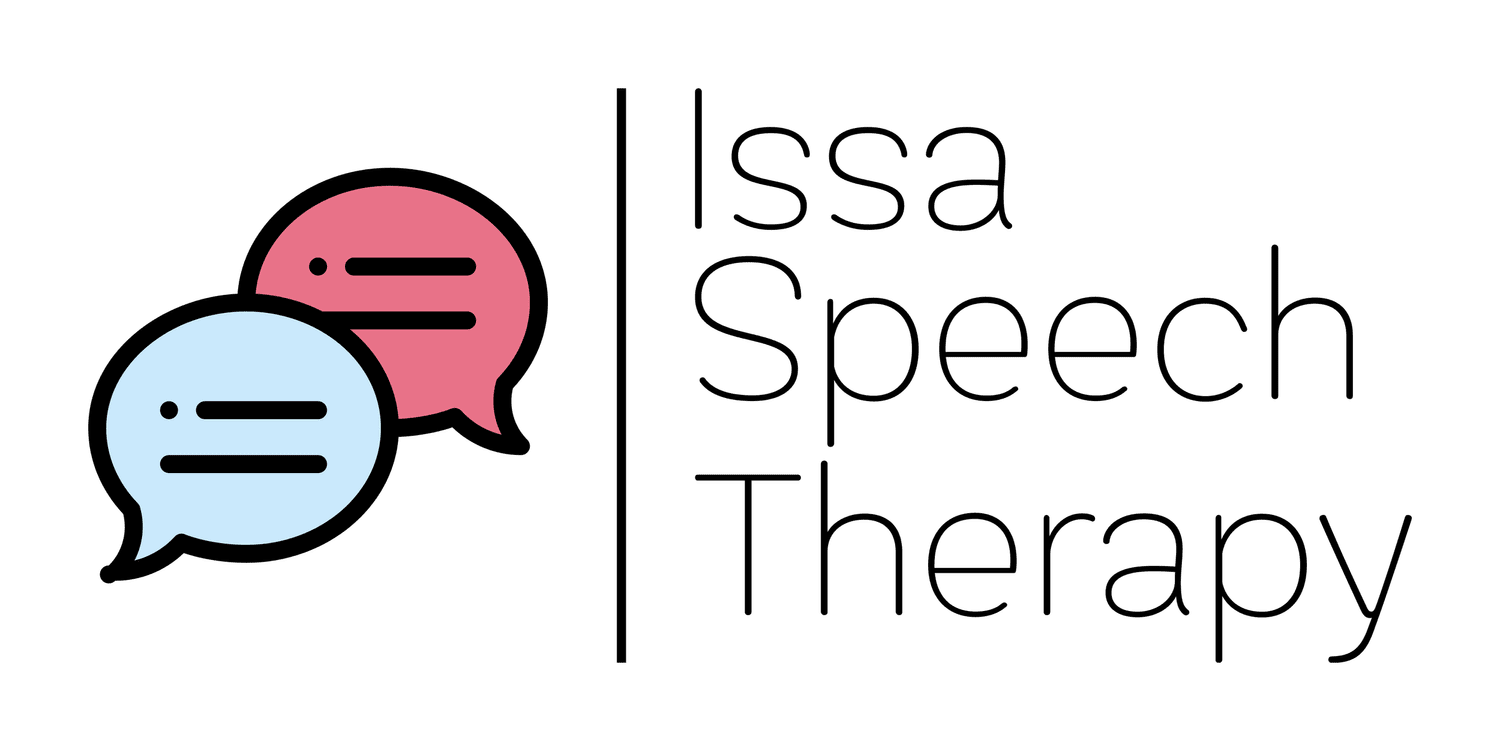
Speech and Language Milestones for Toddlers (12-24 Months)
Here are the Speech and Language Milestones for toddlers (12-24 Months), based on the American Speech-Language-Hearing Association (ASHA)'s guidelines:
12 to 15 Months:
Using a variety of consonant sounds in babbling (e.g., "bababa," "mamama").
Using gestures to communicate (e.g., waving, pointing).
Saying their first words, typically referring to familiar people or objects (e.g., "mama," "dada").

16 to 18 Months:
Having a vocabulary of around 10 to 20 words.
Combining two words together (e.g., "more milk," "bye-bye mommy").
Following simple commands and instructions.
19 to 24 Months:
Having a vocabulary of approximately 50 words or more.
Using a variety of consonant sounds in words.
Using simple two- to three-word phrases to express ideas and needs.
Understanding and responding to questions (e.g., "Where's your toy?") and simple directions.
Engaging in simple pretend play and imitating others' actions.
How do I know if my 12-24-month-old toddler needs speech therapy?
Here are some signs to look out for that may indicate the need for speech therapy:
Limited Babbling or Vocalizations: By 12 months, most children should engage in babbling using a variety of consonant sounds (e.g., "bababa," "mamama"). If your child does not babble or only uses a limited range of sounds, it could be a red flag.
Lack of Gestures and Nonverbal Communication: Children typically use gestures (e.g., waving, pointing) to communicate their needs and interests. If your child is not using gestures or seems to struggle with nonverbal communication, it may indicate a need for intervention.
Limited Vocabulary: By 18-24 months, children usually have a vocabulary of approximately 50 words or more. If your child has a significantly smaller vocabulary or is not adding new words over time, it may be a cause for concern.
Difficulty Combining Words: Around 18-24 months, toddlers typically begin combining two words together (e.g., "more juice," "big dog"). If your child is not using two-word phrases or shows difficulty with sentence formation, it may suggest a need for support.
Limited Understanding or Responding: Children should demonstrate understanding of simple commands and questions (e.g., "Give me the toy," "Where's your nose?") by 18-24 months. If your child consistently struggles to understand or respond appropriately, speech therapy may be beneficial.
Frustration or Behavioral Issues: If your child becomes frustrated or exhibits challenging behaviors due to difficulties in communicating, seeking speech therapy can help address these underlying issues and support their overall development.
It's important to remember that each child develops at their own pace, and there can be variations in speech and language development. However, if you notice persistent delays or concerns in multiple areas of communication, please contact us here. Issa Speech Therapy can provide you with professional guidance and determine if speech therapy is necessary.
Questions before getting started?

